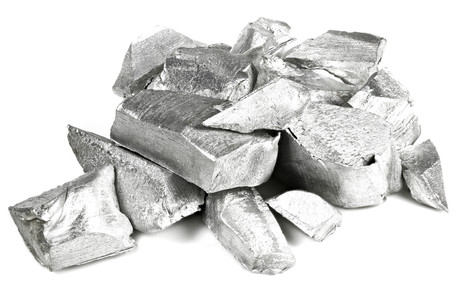New electrolyte could be key to more sustainable batteries

Researchers from Victoria University of Wellington have created a new electrolyte as part of their work developing aluminium batteries — believed to be a safer and more sustainable alternative to current batteries made out of lithium and cobalt.
“Lithium and cobalt are potentially dangerous substances,” said Professor Thomas Nann, leader of the research. “Damage to batteries containing these substances can make them explode.
“They are also toxic, leading to several deaths every year from children swallowing these batteries. Nor are they easily recyclable, and we are running low on available sources of the raw materials. If we do not find alternate sources of lithium and cobalt, we will eventually run out of the resources we currently use to make batteries.”
According to Prof Nann, aluminium is a good alternative — it is non-toxic and not at risk of exploding, it is recyclable, and it is the most abundant metal on Earth. And while the technology for creating aluminium batteries currently lags behind other battery technology, it is catching up thanks to the work of those like Prof Nann and his team, which also includes researchers from Ecole Nationale Supérieure de Chimie de Clermont-Ferrand in France.
“This electrolyte will make aluminium batteries cheaper and easier to produce,” said Prof Nann. “It is more affordable than the ionic liquids currently used in aluminium batteries, and it is also more sustainable, as our electrolyte can be made from plants.”
The researchers have so far tested their electrolyte — which acts as a conductor for electricity — with a standard graphite-based battery, with plans to adapt the electrolyte so it can be used in batteries with better-performing materials in the future.
“This new electrolyte is just another step towards improving aluminium battery technology and making it suitable for commercial use,” Prof Nann said.
Reaching net zero in the manufacturing sector
Sustainable solutions such as 'green concrete' and carbon tracking were presented at the...
Reducing upfront carbon in built environment: report
ASBEC has released a report aiming to reinforce and amplify government and industry efforts...
Green chemistry turns waste CO2 into amino acids
Researchers have devised a sustainable way of turning waste carbon dioxide and nitrophenyl...










